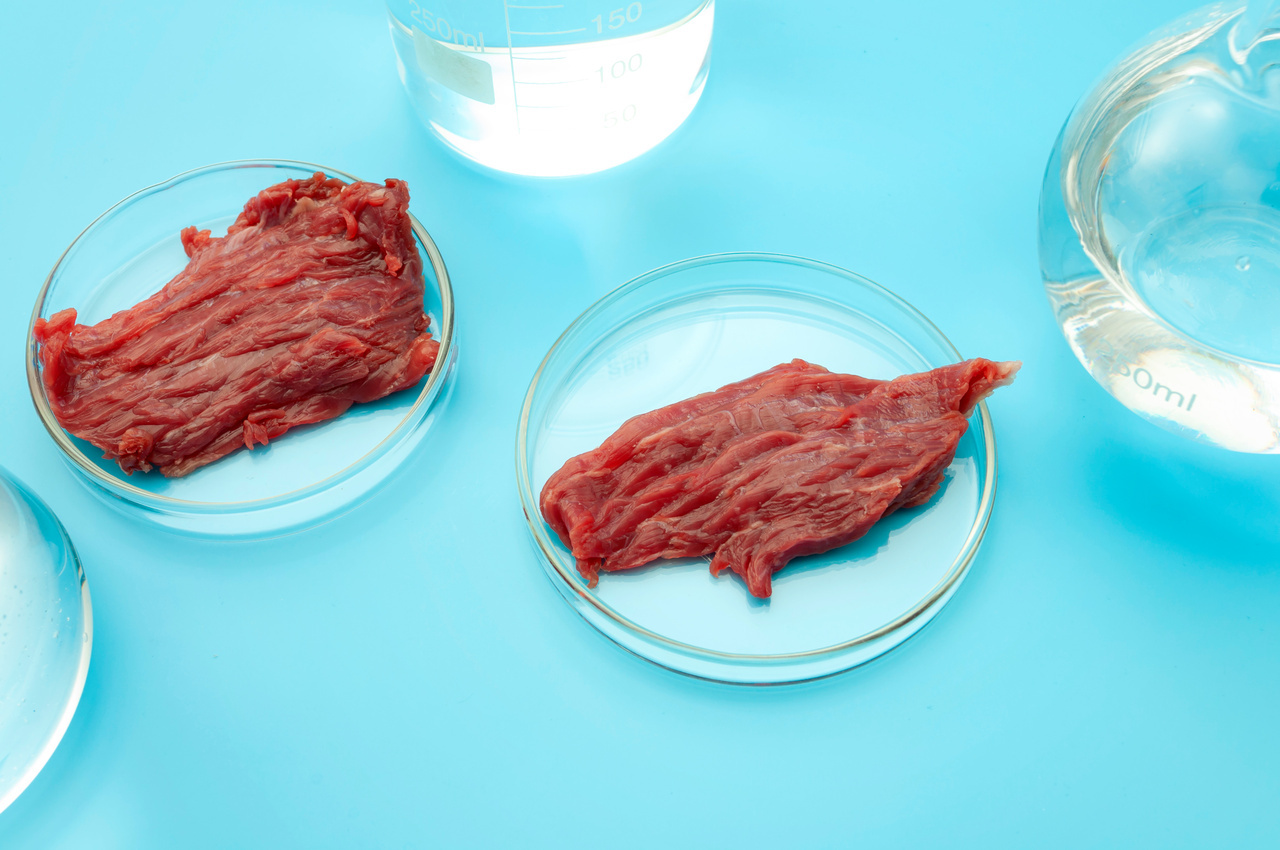New cell-cultivated products programme receives government funding

The Food Standards Agency is launching a new sandbox programme to better understand cell-cultivated products (CCPs) and ensure CCP products are safe to consume before they go on sale to the public.
CCPs do not use traditional farming methods to produce animal or plant-based products but instead use cells to grow new products in a controlled environment. Singapore was the first country to allow CCP meat, when they approved cell-cultivated chicken in 2020. Because CCP products are new and complex, the FSA believes we need to learn more about how they are made. Professor Robin May, FSA Chief Scientific Advisor said that ensuring consumers can trust new foods is one of the agency’s “most crucial responsibilities”.
The two-year-long programme has received £1.6 million in funding from the Government’s Engineering Biology Sandbox Fund (EBSF). In addition to ensuring consumer safety, it is hoped that the programme will help develop assessment approaches and create a swifter application process for CCP businesses. As part of the sandbox programme, the FSA is also offering pre-application support to CCP companies and opportunities to address key questions, such as questions they may have around labelling.
Professor May added:
The CCP sandbox programme will enable safe innovation and allow us to keep pace with new technologies being used by the food industry to ultimately provide consumers with a wider choice of safe foods.”





Please sign in or register for FREE
If you are a registered user on The FSQ Network, please sign in